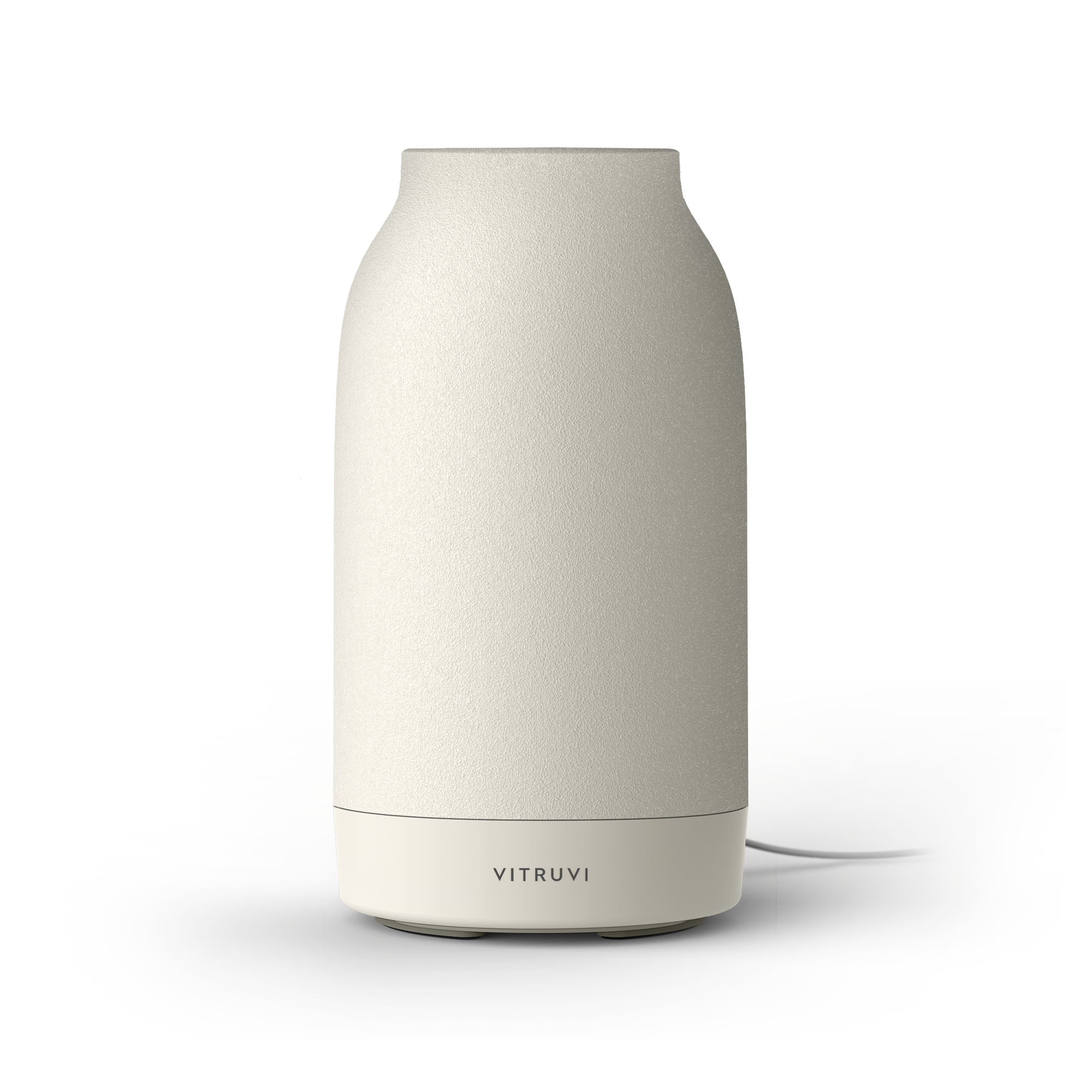It’s a mushroom moment. Our collective fascination with these unique organisms, silently networking below the forest floor, has translated to them popping up everywhere in fashion, design, and, of course, our kitchens.
But we’re merely scratching the surface of the potential of fungi, particularly with respect to our wellbeing. Functional mushrooms such as lion’s mane, cordyceps, and reishi have the ability to help us reach our full capacity as humans. The term “functional mushrooms” refers to mushroom varieties that offer health benefits beyond the provisions of general nutrition. There are hundreds of mushroom species growing in Canada; some, like the chaga mushrooms that grow on birch trees here in British Columbia, have been identified as having unique bioactive compounds (such as polysaccharides or terpenes) that support our health.
Long respected in many traditional medicine systems, functional mushroom supplements are an easy-to-incorporate way to fortify and balance your body. Whether you’re looking to support immunity, find a natural boost of energy, or gain an overall sense of calm, exploring functional mushrooms as part of your routine can help you feel your best.

Choosing the right mushrooms for you
Mushrooms have been prized in traditional medicine for their potential roles in supporting immune and cognitive function, as well as creating a sense of overall vitality and wellbeing. We also now have a growing body of preclinical evidence, and a few clinical trials, to show us that functional mushrooms contain some truly unique biochemical properties, such as immune-modulating polysaccharides. Here are some of my favorite adaptive mushrooms:
- Lion’s mane. It’s known to be the brain booster, enhancing cognitive function, memory, and clarity of mind.
- Reishi. Prized as the mushroom of immortality, it contains over 400 bioactive compounds, such as ganoderic acids and beta-glucans, to promote longevity and wellbeing. It has been traditionally used to help the body recover from stress.
- Turkey tail. It is one of the most commonly found mushrooms in the world, coveted for its high content of antioxidant compounds, such as flavonoids, along with immune-supportive compounds krestin and polysaccharide peptide.
- Cordyceps. It has traditionally been considered an energy tonic, reducing fatigue and enhancing endurance.
- Chaga. Known as the king of medicinal fungi, it’s believed to be antioxidant, anti-inflammatory, and immune-supportive.
What to look for when you buy mushrooms
My golden rule with functional mushrooms is to look for three key factors: fruiting body, all-natural supplements, and proper dosages.
The potency of any herbal or fungi product will heavily depend on the health of the growing conditions; whether the correct part of the mushroom is used; and the dosage of the product. I look for options that are plant-based and all natural, and made using the whole fruiting body—this is an important point of difference that ensures you are getting the maximum benefit of the plant.
Integrating functional mushrooms into your daily routine
As functional mushrooms continue to grow in popularity, it’s amazing to see these wellness products become more accessible. At Canadian brand Optimi, which I’ve partnered with to help educate people on the power of mushrooms, capsule and protein powder supplements are designed with active consumers in mind.













